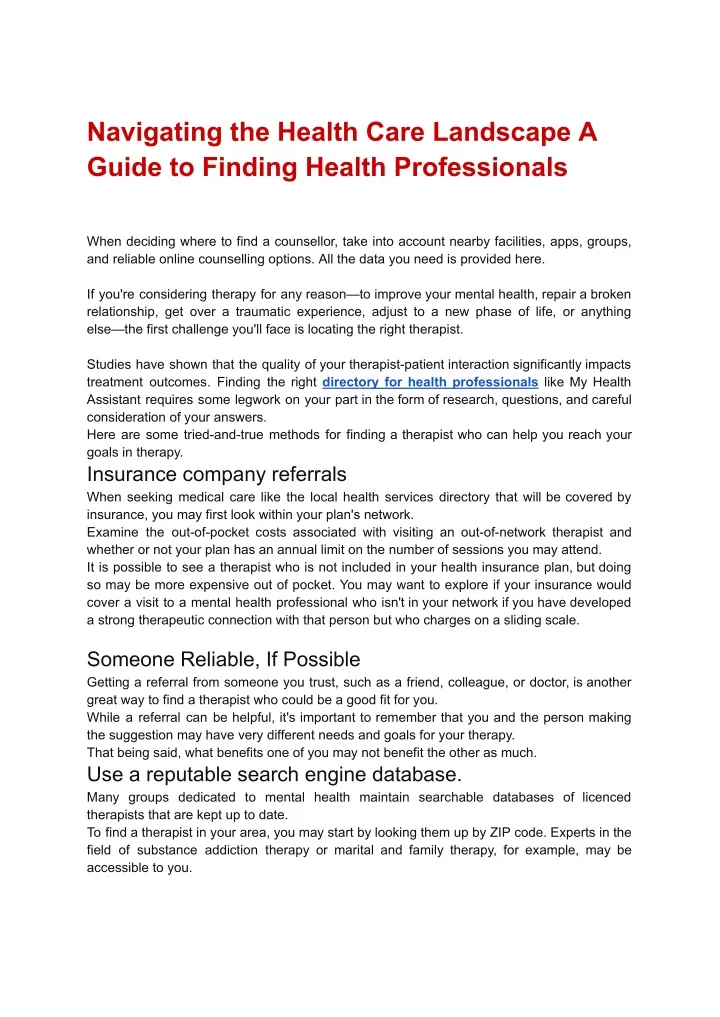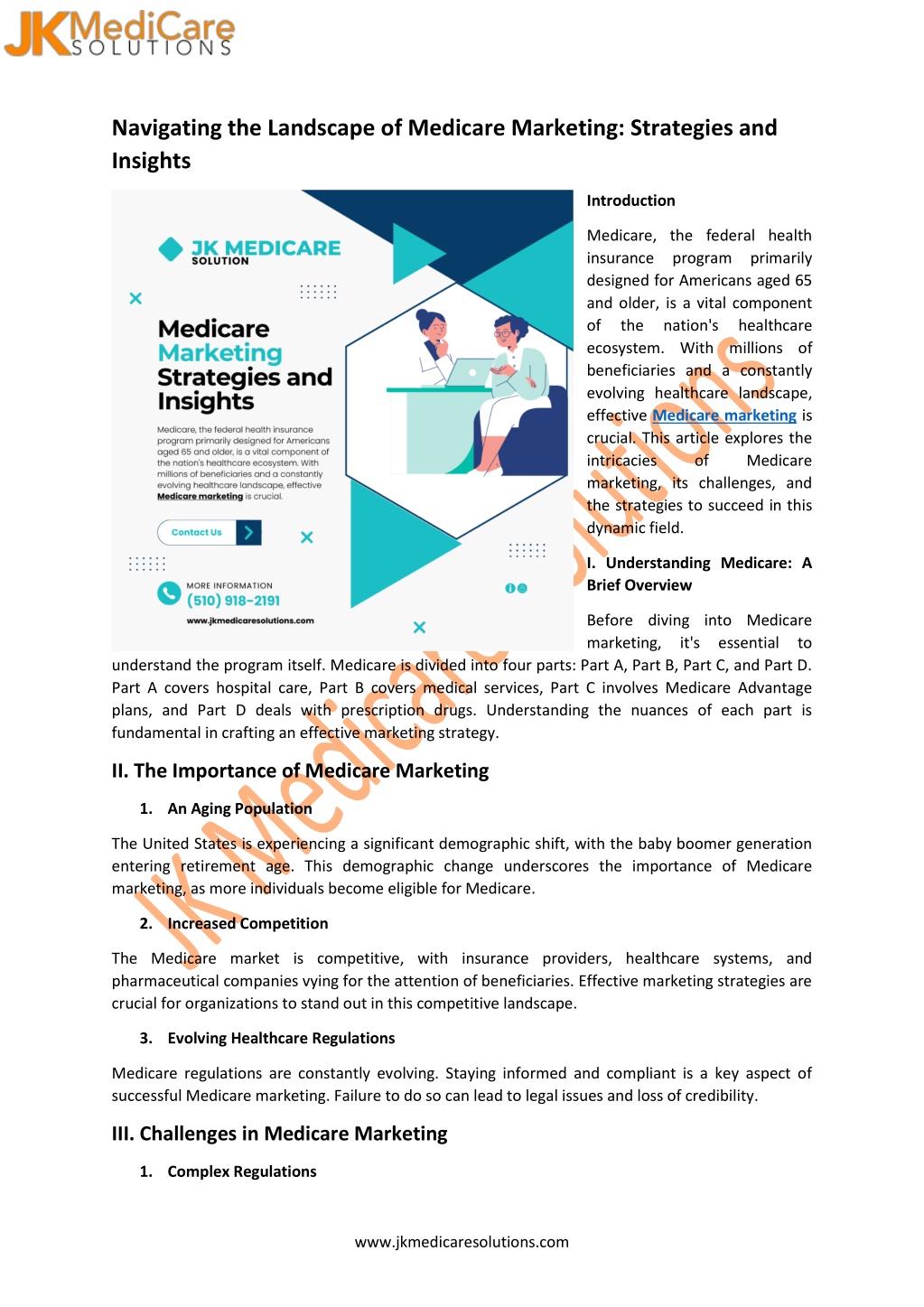Navigating the Landscape of Healthcare: A Guide to Medicare Regions
Related Articles: Navigating the Landscape of Healthcare: A Guide to Medicare Regions
Introduction
In this auspicious occasion, we are delighted to delve into the intriguing topic related to Navigating the Landscape of Healthcare: A Guide to Medicare Regions. Let’s weave interesting information and offer fresh perspectives to the readers.
Table of Content
Navigating the Landscape of Healthcare: A Guide to Medicare Regions

The United States healthcare system is vast and complex, with numerous entities and regulations governing its operations. For individuals seeking healthcare services, particularly those enrolled in Medicare, understanding the geographical division of the program is crucial. This division, known as Medicare regions, plays a significant role in determining access to services, provider networks, and even the cost of healthcare.
Understanding Medicare Regions: A Foundation for Informed Healthcare Decisions
The Medicare program, administered by the Centers for Medicare & Medicaid Services (CMS), is divided into distinct geographic areas, known as regions. These regions are not based on state boundaries but rather on a combination of factors including population density, healthcare infrastructure, and provider availability. Each region is assigned a specific number, and these designations are essential for navigating the intricacies of the Medicare program.
The Significance of Medicare Regions:
- Provider Networks: Medicare regions define the network of healthcare providers, including hospitals, doctors, and other medical professionals, that participate in the Medicare program. Knowing your region helps you identify the providers available to you.
- Medicare Advantage Plans: Medicare Advantage plans, offered by private insurance companies, are available in specific regions. Understanding your region allows you to compare and choose the plan that best suits your needs.
- Medicare Part D Prescription Drug Coverage: Medicare Part D plans, which cover prescription drugs, are also region-specific. Knowing your region helps you understand which plans are available and compare their formularies and costs.
- Medicare Appeals: If you have a dispute with Medicare, the appeals process is managed at the regional level. Understanding your region helps you navigate the appeals process effectively.
- Cost Variations: Medicare premiums, deductibles, and copayments can vary by region, depending on factors such as local healthcare costs and the availability of providers. Knowing your region can help you understand potential cost variations.
Exploring the Regional Landscape:
The United States is divided into 10 Medicare regions, each with its own unique characteristics and healthcare landscape.
- Region 1: Includes Connecticut, Maine, Massachusetts, New Hampshire, Rhode Island, and Vermont.
- Region 2: Encompasses New Jersey and New York.
- Region 3: Covers Delaware, Maryland, Pennsylvania, Virginia, West Virginia, and the District of Columbia.
- Region 4: Includes Alabama, Florida, Georgia, Kentucky, Mississippi, North Carolina, South Carolina, and Tennessee.
- Region 5: Comprises Illinois, Indiana, Michigan, Minnesota, Ohio, and Wisconsin.
- Region 6: Covers Arkansas, Louisiana, New Mexico, Oklahoma, and Texas.
- Region 7: Includes Iowa, Kansas, Missouri, and Nebraska.
- Region 8: Encompasses Colorado, Montana, North Dakota, South Dakota, Utah, and Wyoming.
- Region 9: Covers Arizona, California, Hawaii, Nevada, and Oregon.
- Region 10: Includes Alaska, Idaho, and Washington.
Navigating the Regional Divide: Resources and Tools
Several resources are available to help individuals understand their Medicare region and access relevant information:
- Medicare.gov: The official website of the Centers for Medicare & Medicaid Services provides comprehensive information about Medicare, including region-specific details.
- Medicare Regional Offices: Each Medicare region has a dedicated regional office that offers assistance and guidance to beneficiaries.
- Medicare Advantage Plan Finders: Online tools provided by Medicare and private insurance companies allow individuals to search for Medicare Advantage plans available in their region.
- Medicare Part D Plan Finders: Similar to Medicare Advantage plans, online tools allow individuals to compare and choose Medicare Part D prescription drug plans available in their region.
Frequently Asked Questions (FAQs) about Medicare Regions:
1. How do I determine my Medicare region?
You can determine your Medicare region by visiting Medicare.gov or contacting your local Medicare Regional Office.
2. Are Medicare benefits the same across all regions?
While Medicare benefits are generally the same nationwide, some aspects, such as provider networks and Medicare Advantage plan options, can vary by region.
3. Can I choose a Medicare Advantage plan from another region?
No, Medicare Advantage plans are region-specific. You can only enroll in plans offered in your designated region.
4. What if I move to a different region?
If you move to a different region, you will need to update your Medicare information and potentially choose a new Medicare Advantage plan or Part D prescription drug plan.
5. How do I contact my regional Medicare office?
Contact information for each Medicare regional office is available on Medicare.gov.
Tips for Navigating Medicare Regions:
- Understand your region: Familiarize yourself with the region you reside in and the specific healthcare landscape it presents.
- Utilize online resources: Explore Medicare.gov and other online tools to access region-specific information about provider networks, Medicare Advantage plans, and Part D prescription drug plans.
- Contact your regional Medicare office: Don’t hesitate to reach out to your regional office for personalized guidance and assistance.
- Stay informed: Keep up-to-date on any changes or updates to Medicare regulations, provider networks, or plan options in your region.
Conclusion:
Medicare regions play a crucial role in shaping the healthcare landscape for millions of Americans. Understanding the geographical division of the program, its significance, and available resources empowers individuals to make informed decisions about their healthcare, ensuring access to the services and plans that best meet their needs. By navigating the regional landscape effectively, individuals can optimize their Medicare experience and access the quality healthcare they deserve.








Closure
Thus, we hope this article has provided valuable insights into Navigating the Landscape of Healthcare: A Guide to Medicare Regions. We hope you find this article informative and beneficial. See you in our next article!